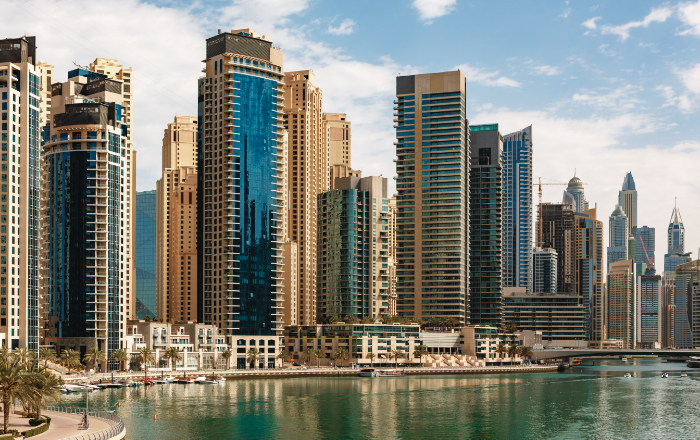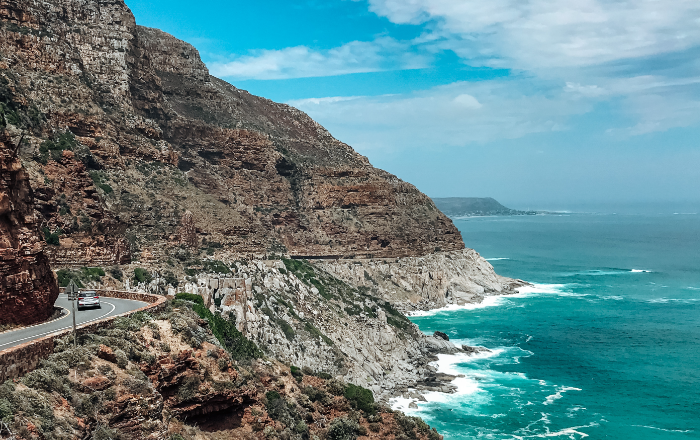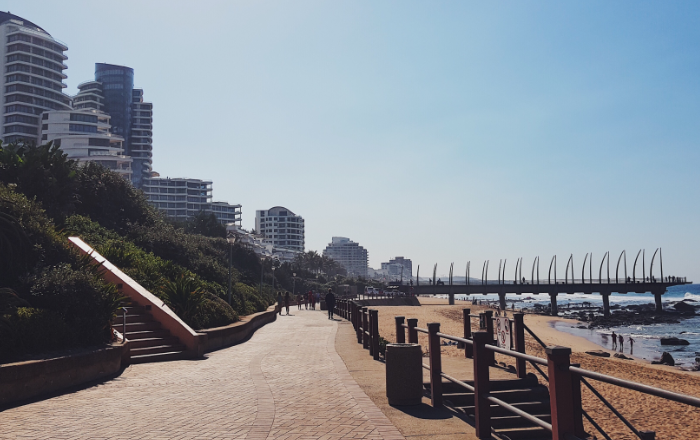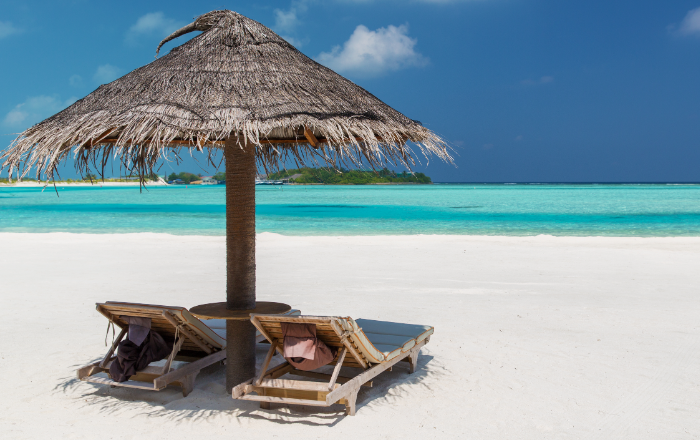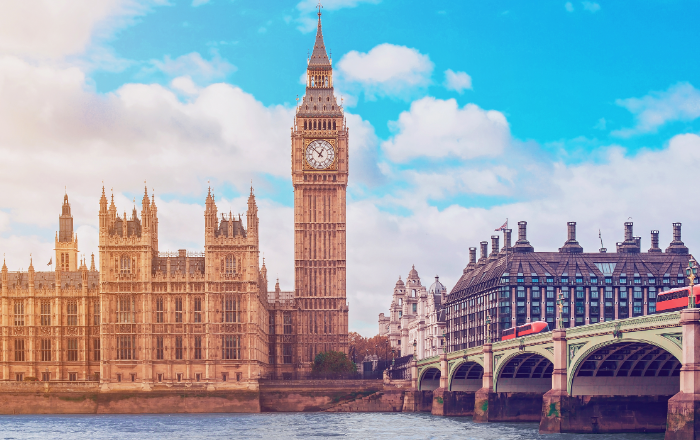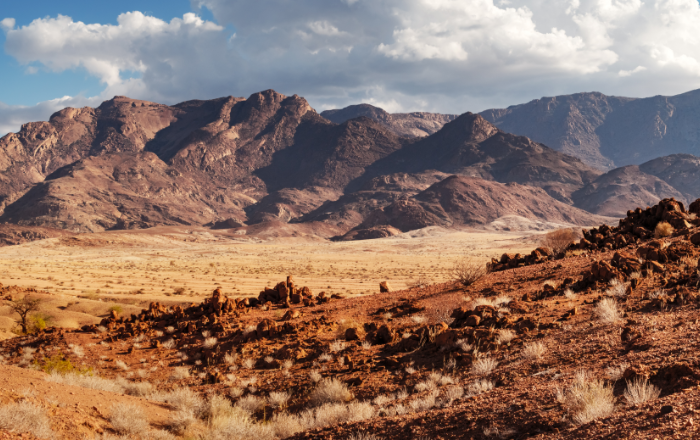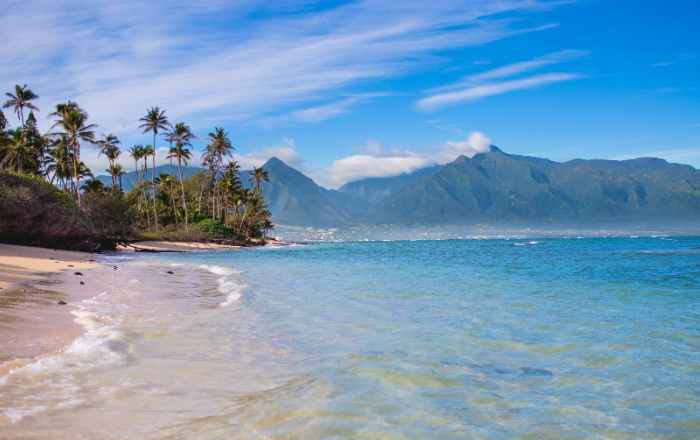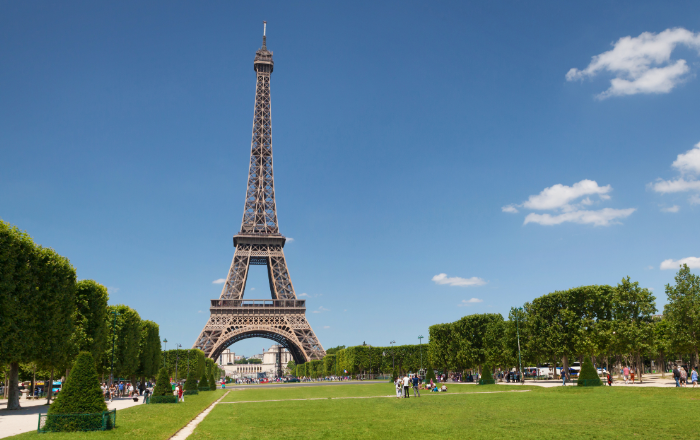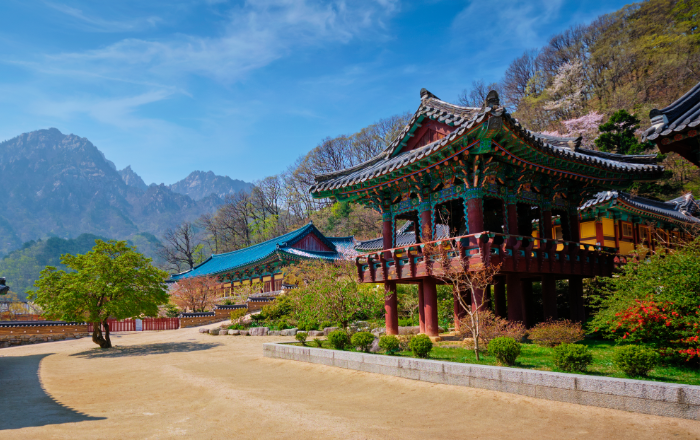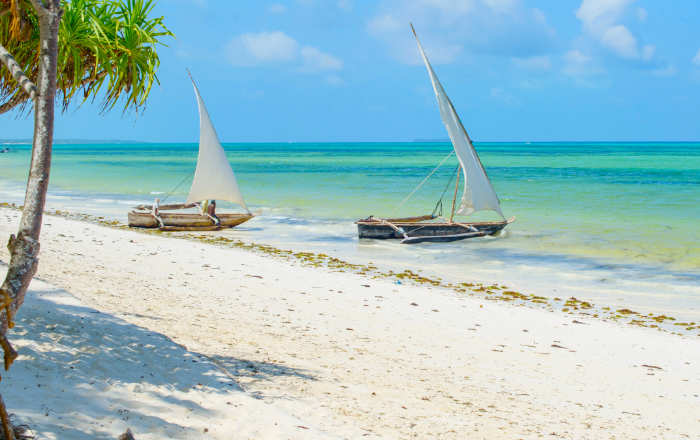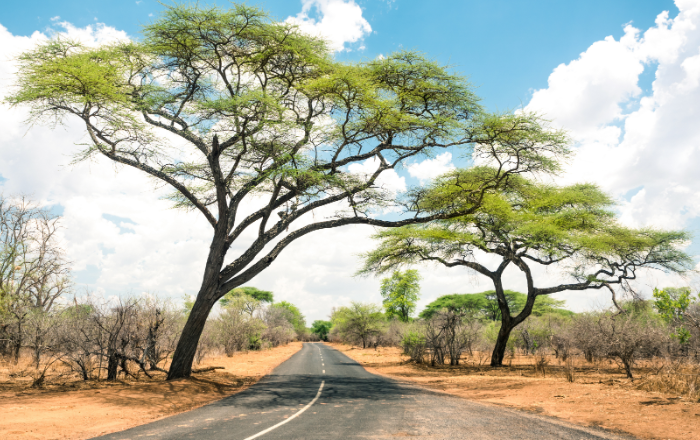Flight tickets from Skukuza to Lagos
Lagos is the commercial capital of Nigeria and one of the largest cities on the African continent. A vibrant and dynamic metropolis, Lagos is home to a wide variety of cultures, as well as a thriving business environment and bustling nightlife. This article takes a closer look at the city, and highlights some of the most interesting aspects of life in Lagos. From its vibrant markets to its distinctive neighborhoods, the city has something for everyone. So, prepare to embark on an exciting journey through the streets and stories of Lagos.
Getting to Know Lagos
Lagos is the most populous city in Nigeria, with an estimated population of over 20 million. This metropolitan city sits in the southwest region of the country and spans across three states: Lagos, Ogun, and Ekiti. The time zone in Lagos is West African Time, which is one hour ahead of Greenwich Mean Time. The two official languages spoken are English and Yoruba, though pidgin English and other local dialects are also used. The currency used in Lagos is the Nigerian Naira.
Climate and Weather
The climate of Lagos is tropical year-round. It experiences two distinct seasons: a rainy season and a dry season. The rainy season typically lasts from April to October and is characterized by warm temperatures and frequent showers. The dry season runs from November to March and is generally hot and humid. Temperatures range from an average low of 22 degrees Celsius (72 degrees Fahrenheit) in January to a high of 33 degrees Celsius (91 degrees Fahrenheit) in March. The city usually experiences a brief cooler period from December to February. Lagos receives between 1,800 and 2,200 millimeters (70 and 86 inches) of rain per year, most of which falls during the rainy season in June and July. Relative humidity is high throughout the year, staying in the range of 70 to 80 percent. The city is subject to occasional damaging winds and floods, especially during the rainy season.
Touring Lagos: Airport and Transportation
There are 2 airports in Lagos, Murtala Muhammed International Airport (DNMM) and Nnamdi Azikiwe International Airport (DNAA). The main airport for international flights is Murtala Muhammed.You can get from the airport to downtown in Lagos by taking a taxi which will cost around ₦2000-₦3000 (approximately $5 - $7). You can also change money at Lagos airport.
Exploring the Rich History and Culture of Lagos
- Lagos is known for its vibrant and distinct cultural history, marked by an iconic blend of traditional African and modern European cultures.
Check the weather before buying a ticket from Skukuza to Lagos
Q&As for booking flights from Skukuza to Lagos
How long is the flight from Skukuza to Lagos?
There is no direct flight from Skukuza Airport to Murtala Muhammed Airport. The quickest flight takes 3h 55m and has one stopover.
How far is the flight from Skukuza to Lagos?
The flight from Skukuza to Lagos is about 2 hours and 45 minutes.
Which airlines fly direct from Skukuza to Lagos?
Direct flights from Skukuza to Lagos are not currently available on any airlines. The closest airport to Skukuza is Kruger Mpumalanga International, located 18.5 mi (29.9 km) from the city center.
How many airports are there in Lagos and what are their official names.
There are two airports in Lagos. The Murtala Muhammed International Airport and the Lagos Aviation Academy Airport.
How many flights are there a week from Skukuza to Lagos?
There are eleven flights a week from Skukuza to Lagos.
When is the cheapest time to buy a ticket from Skukuza to Lagos?
The cheapest months to buy airline tickets from Skukuza to Lagos according to our data are January, February, and March.
How can i get from the main airport to downtown in Lagos and how much does it cost?
There are taxis available at the airport that can take you into the city. The cost will depend on the traffic and where you are going in the city.
